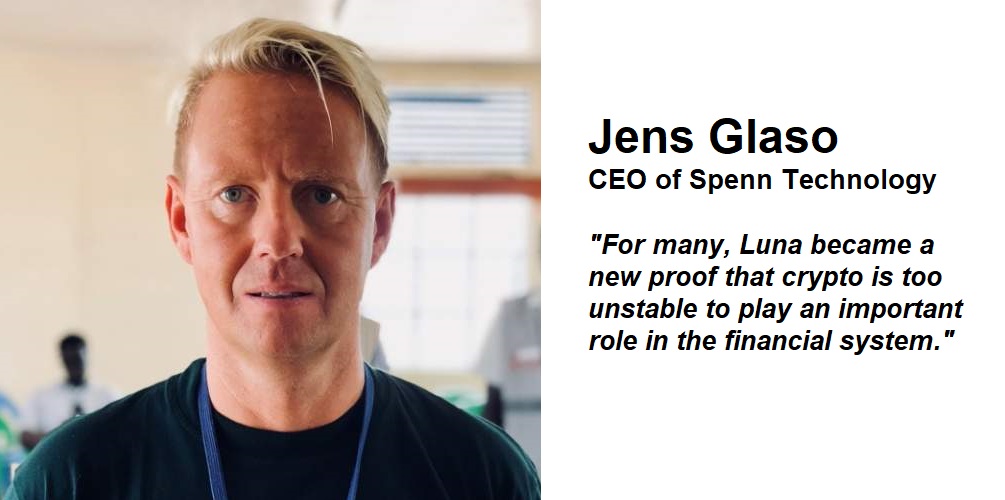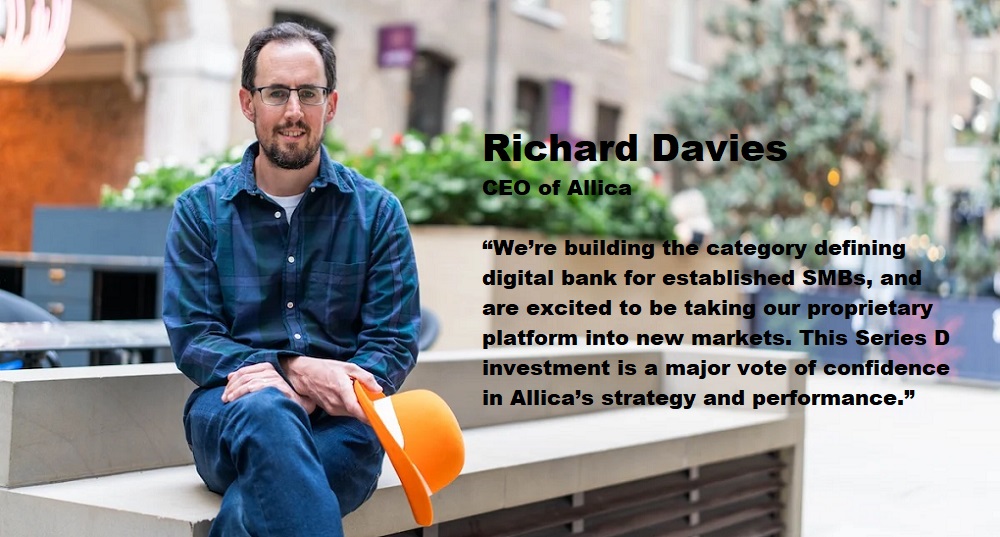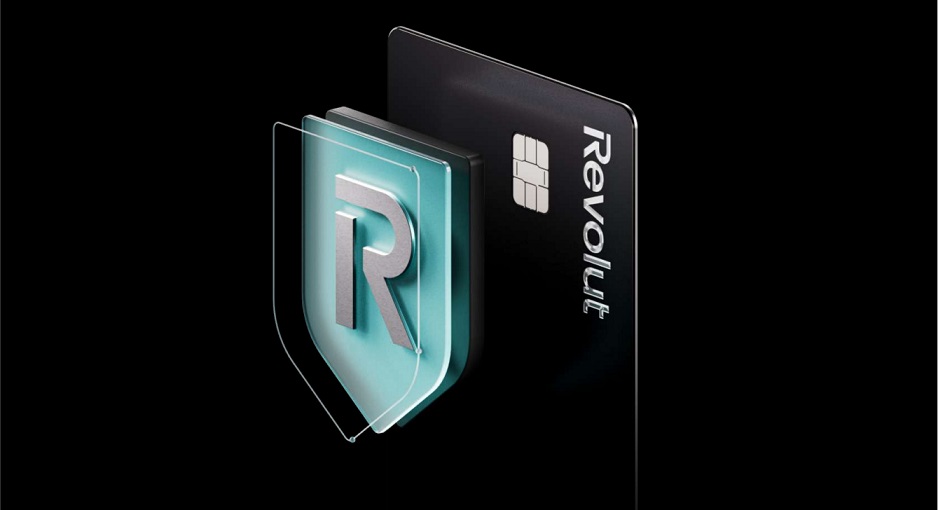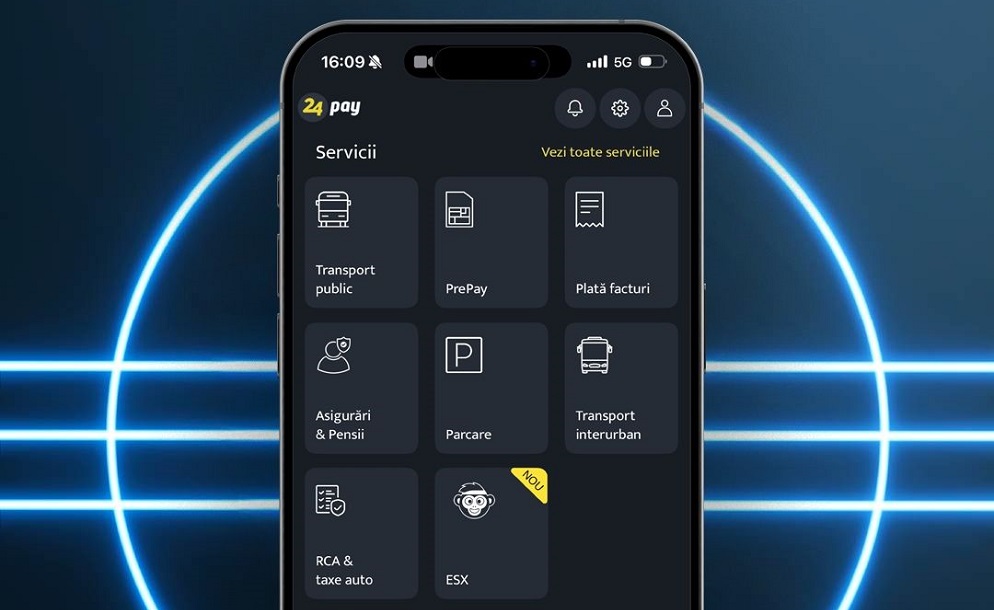The Luna collapse showed us that regulated crypto is the future

Understanders say “What did we say?” after the cryptocurrency Luna collapsed. But the Luna collapse was good for the future of crypto, writes Jens Glasø. The CEO of Spenn Technology gave a keynote speech at Banking 4.0.
After Luna crashed, the discussion about crypto has flared up sharply. For many, Luna became a new proof that crypto is too unstable to play an important role in the financial system. For me, it was a confirmation that I spend my days on something important and right.
The world is facing a change of currency we have a relationship with. The world is being digitized. Our trading pattern means that there is less and less need for different currencies. That is why crypto arose.
And while the internet grew by 63 percent annually from 1990 to 2000, crypto is growing by over 113 percent a year. By the end of 2022, 600 million of us will be using crypto. During 2024, over one billion.
With such growth, and a world that is becoming more and more digital – should we be left on the platform with a paper note in hand? Or should we let the authorities contribute with control routines that make crypto easier and more user-friendly for all of us?
I believe that the central bank system, as we know its regulation today, will have to change. Banks must be seen as more independent – but regulated.
Regulation safeguards equality and values - especially for people from the lowest classes. The 1.7 billion people who do not have a bank account today are extremely important to bring into the financial, digital world.
If we are to use crypto to increase financial inclusion in, for example, Africa, this must happen with a digital currency that is at all times supported by the national currency. One to one, 100 percent.
With a solution that is always under regulation, with support from banks, and a one-to-one balance that is revised on an ongoing basis, it will not be possible with a collapse as Luna experienced.
Therefore, the Luna collapse only emphasized what is the key to the success of crypto: A regulation that ensures that crypto is free, but embraced by security, safety and efficiency.
It is also important to remember that crypto is much more than an investment object. Most of the use is “remittance” – money transfers between borders.
The challenge is that this money can end up in the black market, since there is no system to get it under regulated forms. Then the result is that those who have at least once again suffer. They are the ones who have to use expensive alternatives to exchange crypto for their local currency.
There must be a regulated solution that makes it possible to use cryptocurrencies in their local market – but where it is always exchanged for the national, digital denomination.
The regulation must ensure documentation of the origin of capital and identification of sender and receiver.
Only then will the authorities gain control over something they do not have control over today. And then we have solved one of the biggest problems the world has around financial inclusion.
Crypto will survive. Luna’s collapse revealed no technological weaknesses around either blockchain or crypto. It just showed us how important it is to put regulation in place.
This is an opportunity to do something about it. Our opportunity to strengthen what will be the biggest digital, financial change in history. Let’s seize that opportunity. The world needs it.
Dariusz Mazurkiewicz – CEO at BLIK Polish Payment Standard
Banking 4.0 – „how was the experience for you”
„To be honest I think that Sinaia, your conference, is much better then Davos.”
Many more interesting quotes in the video below:










